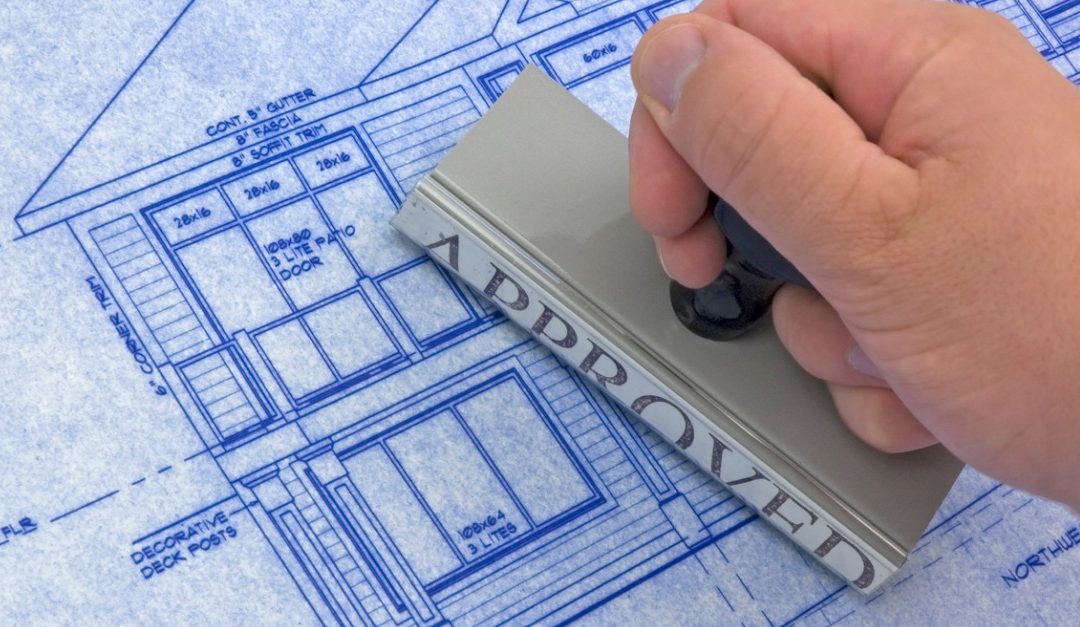
City, town and county governments across the U.S. require permits for home improvements. This is done to enforce building codes and prevent accidents that could lead to property damage, injuries or death. Depending on the scope of the project, one or more permits may be required. For major renovations, architectural and engineering plans must be submitted. Sometimes homeowners decide to skip the process of obtaining permits to save time and money, but that can be a huge mistake.
Potential Costs of Not Getting Permits
Work that has been completed without a permit and has not been inspected by a professional could be unsafe. Members of your family, friends and others who visit your home could be severely injured or even killed.
Work that has been completed without a permit and has not been inspected by a professional could be unsafe. Members of your family, friends and others who visit your home could be severely injured or even killed.
Electrical work that wasn’t permitted and approved could lead to a fire that could destroy your home and potentially cause others in the neighborhood to go up in flames. Plumbing problems, gas leaks, roof leaks and structural problems are other possible consequences of having renovations done without a permit.
Your homeowners insurance wouldn’t pay claims for problems caused by work that was done without a permit. That means you’d be financially responsible for those costs, and you might even face criminal charges.
Failing to obtain a permit for home improvements can lead to problems years from now if you try to sell your home. Buyers won’t want to purchase a house that was updated without permits because of the potential for accidents. Also, if they bought the house and someone got injured as a result of shoddy work, their homeowners insurance wouldn’t cover the losses. If the seller didn’t disclose that permits weren’t obtained, the buyer could later sue the former owner.
Unpermitted work has become such a problem that many local governments have cracked down. Inspectors who are dispatched to homes under renovation can issue stop-work orders and fines if the appropriate permits haven’t been obtained. If a past project was completed without a permit, you could be prevented from making other improvements or need to pay for additional work to correct mistakes made by the first contractor and to bring the house up to code.
Beware of Dishonest Contractors
Sometimes homeowners hire contractors for renovations and the contractors agree to obtain permits but fail to do so. The owners may not find out until years later, when someone is hurt or they try to sell the house and discover that the contractor deceived them. In those circumstances, the owners might be able to obtain post-construction permits and take legal action against the contractor.
Sometimes homeowners hire contractors for renovations and the contractors agree to obtain permits but fail to do so. The owners may not find out until years later, when someone is hurt or they try to sell the house and discover that the contractor deceived them. In those circumstances, the owners might be able to obtain post-construction permits and take legal action against the contractor.
Always Obtain Necessary Permits
Getting permits for home improvements may cost time and money, but permits are required for a valid reason. They protect homeowners, guests and future buyers from unsafe work that could lead to injuries and financial losses. Don’t skip the process of obtaining a permit, and don’t hire a contractor who suggests doing work without one.
Getting permits for home improvements may cost time and money, but permits are required for a valid reason. They protect homeowners, guests and future buyers from unsafe work that could lead to injuries and financial losses. Don’t skip the process of obtaining a permit, and don’t hire a contractor who suggests doing work without one.


No comments:
Post a Comment